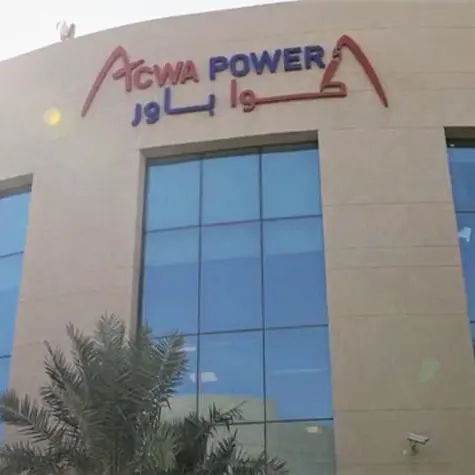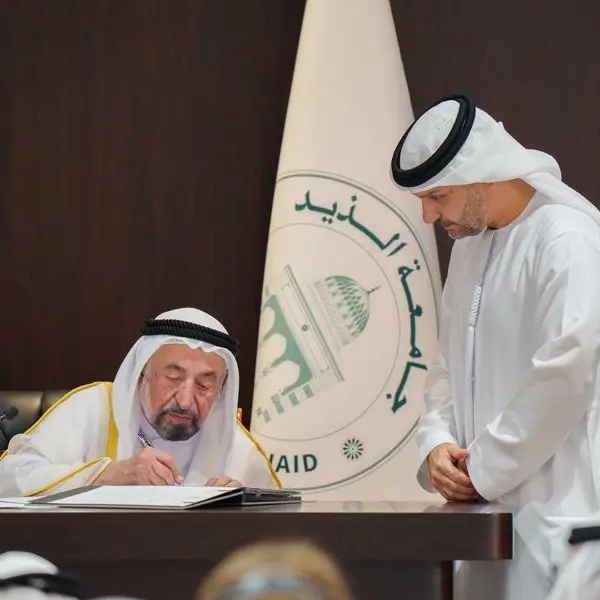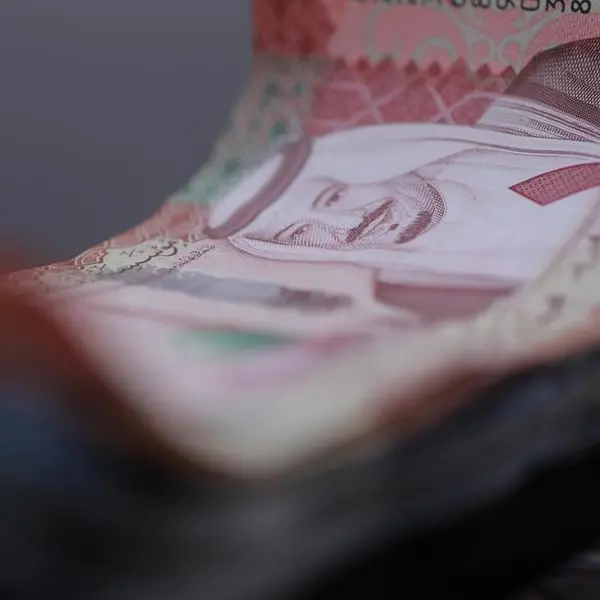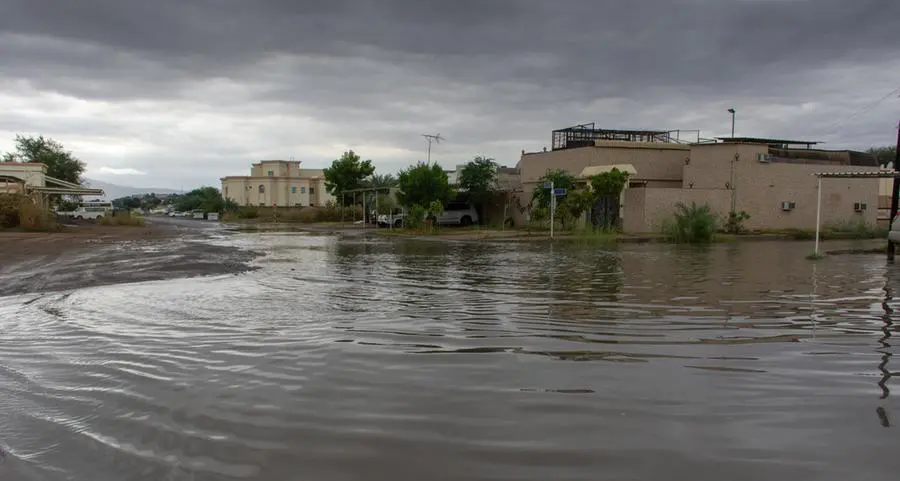Following a period of rapid price decline over the last two years, Saudi Arabia’s real estate sector is heading for another year of subdued performance in 2018, as both sale prices and rental rates are expected to flatten across key segments on the back of weak demand amidst challenging economic environment.
“The general trend for Saudi Arabia’s real estate market is that most sectors have remained subdued in 2017 on the back of a weak economic environment with negative sentiment impacting activity levels and sale prices,” Raya Majdalani, a research manager at Knight Frank told Thomson Reuters Projects.
The value of residential transactions in 2017 declined by 3 percent in Riyadh, 21 percent in Jeddah and 9 percent in the Eastern Province, Knight Frank said in its latest Residential Market Review, citing data from the Ministry of Justice.
However, a deceleration in price decline witnessed across all main sectors – residential, retail, office and hospitality - in recent quarters indicates that the market could possibly be bottoming out.
Majdalani, who co-authored the Knight Frank report, said: “The pace of deceleration has eased in 2017 compared to 2016, which could suggest that the market is close to stabilising following two years of decelerating performance”.
Predicting a similar trend this year, Martin Cooper, a director of Deloitte Middle East’s real estate and construction practice, said: “Modest declines in real estate rents and sales prices will continue into 2018 in KSA but the rate of decline will slow, as the market starts to bottom out.”
Saudi Arabia has initiated major policy reforms in recent years, besides rolling back some of the financial benefits and removing energy and utilities subsidies, as the government looks to reduce its expenditure and boost earnings through various means including diversification of economy.
While these social and economic reforms are expected to have a positive impact on market performances, Eng. Ibrahim Albuloushi, KSA country head for JLL Mena, said “it is unlikely to do so in 2018 given the time needed for the reforms to take effect”.
“Market prices in 2018 for the four main cities [Riyadh, Jeddah, DMA and Makkah] and asset classes are expected to behave similarly to 2017,” he said, adding that 2018 is expected to be a year of implementation.
Residential sector
The residential rental sector is being impacted on account of rising living costs as the government introduced a number of new taxes including excise duty on tobacco products and energy/soft drinks) and VAT, as well as a monthly levy on expatriate dependents.
“The repatriation of a large number of expatriates in major cities as a result of the economic slowdown which saw many businesses contract their labour force, and the introduction of levies on expatriate dependants, which resulted in expatriates further repatriating family members and moving into smaller units, added downward pressure on asking rents,” said Albuloushi.
The residential sales sector was also impacted over the last two years by changes to the loan-to-value ratio, which, he pointed out, currently stands at 85 percent (and 90 percent for first home buyers). It previously stood at 100 percent.
“This out-priced many households from the market. While borrowing options have improved, many households are still waiting for the impact of the White Land Tax (increasing residential development/ supply) to take effect on residential prices. This has resulted in downward pressure on sale prices,” explained Albuloushi.
However, real estate sales will likely see an increase in prices due to the implementation of a five percent VAT this year on the sale and rental of commercial properties and residential sales, although buyers of their first homes purchasing a unit worth up to 850,000 Saudi riyals will be exempted.
“Considering that a five percent tax will be added to the sale, investors will have to cover that increase themselves and will therefore likely add the cost to the value of the property. Real estate developers will also be paying more for raw materials for construction, which will also contribute to raising the final price of properties,” he said.
Commercial sectors
The performance of the office and hotel sectors too came under pressure in most of the four main cities in 2017 as a result of increasing supply combined with weakening demand from corporate tenants and business travellers.
Saudi’s commercial office sector is expected to see substantial levels of construction activity in 2018 as projects such as the King Abdullah Financial District (KAFD) and the Jeddah Waterfront dramatically change the dynamics of the market by offering best-in-class, mixed-use products, said Majdalani.
In the hospitality sector, she pointed out that the decline in the performance was quite significant in key cities whereas Riyadh and Jeddah have witnessed a decline in RevPar of -7 percent and -11 percent respectively in 2017.
From a supply perspective, Majdalani added, opportunities lie in the development of quality midscale hotels rather than luxury properties, which will be a trend to watch going forward.
Saudi’s retail sector was also impacted by weaker household spending as a result of lifting subsides on the cost of energy and utilities. JLL anticipates further softening in the retail market in 2018 as a result of increasing supply and the ‘new normal’ of lower spending power.
However, Albuloushi said the impact may be curbed following the lifting of the ban on cinemas and increasing the number of shopping and cultural festivals.
“The increasing number of leisure activities supported by the General Authority for Entertainment in 2017 are providing opportunities in new segments which previously did not exist such as standalone cinemas, concert halls, and exhibition centres, so greater activity in the leisure, culture and entertainment sectors is likely to begin in 2018,” he added.
Looking at the market overall, considering that supply has continued to increase across the board, even as reforms are implemented, Albuloushi said the real estate market is expected to remain competitive over the next couple of years for most asset classes.
(Reporting by Syed Ameen Kader; Editing by Anoop Menon and Michael Fahy)
(anoop.menon@thomsonreuters.com)
Our Standards: The Thomson Reuters Trust Principles
Disclaimer: This article is provided for informational purposes only. The content does not provide tax, legal or investment advice or opinion regarding the suitability, value or profitability of any particular security, portfolio or investment strategy. Read our full disclaimer policy here.
For more data, analytics, tools and news on projects in the Middle East visit the Thomson Reuters Projects portal
© ZAWYA 2018











